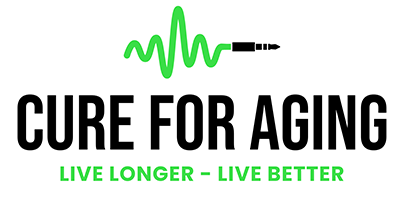2.2K
Aging Symptoms
- Decline in hormone levels: Hormones play a crucial role in regulating our bodily functions. As we age, our hormone levels start to decline, which can lead to a range of health problems. For example, declining levels of estrogen in women can lead to menopause and its associated symptoms, such as hot flashes and vaginal dryness. In men, a decline in testosterone levels can lead to decreased muscle mass and bone density, as well as sexual dysfunction.
- Decreased immune function: As we age, our immune system becomes less efficient at fighting off infections and diseases. This can make us more susceptible to illness and infections, and it can also make it more difficult for us to recover from these conditions.
- Changes in metabolism: Our metabolism naturally slows down as we age, which can make it more difficult for us to maintain a healthy weight. This can also increase our risk of developing obesity and related health problems, such as type 2 diabetes and heart disease.
- Decreased organ function: Many of our internal organs, such as the heart, lungs, and kidneys, also begin to decline in function as we age. This can lead to a range of health problems, such as heart disease, respiratory problems, and kidney disease.
- Cognitive decline: Our mental abilities, such as memory, attention, and processing speed, can also decline as we age. This can make it more difficult for us to perform daily tasks and maintain independence as we grow older.
- Changes in sleep patterns: As we age, our sleep patterns can change. We may have trouble falling asleep, staying asleep, or waking up feeling refreshed. This can impact our energy levels and overall health.
- Increased inflammation: Inflammation is a normal response to injury or infection, but when it becomes chronic, it can lead to a range of health problems. As we age, our bodies become more prone to chronic inflammation, which can increase our risk of developing chronic diseases, such as arthritis and heart disease.
Internal Aging Signs and How You Can Slow Them
While these internal signs of aging are a normal part of the aging process, there are many things we can do to help slow down the progression of these changes. Eating a healthy diet, staying active, and getting enough sleep can all help to promote healthy aging. Additionally, regular check-ups with your doctor can help to identify and manage any age-related health problems that may arise.
Aging is a natural process that affects us all. By being aware of the internal signs of aging, we can take steps to promote healthy aging and maintain our health and well-being as we grow older.

